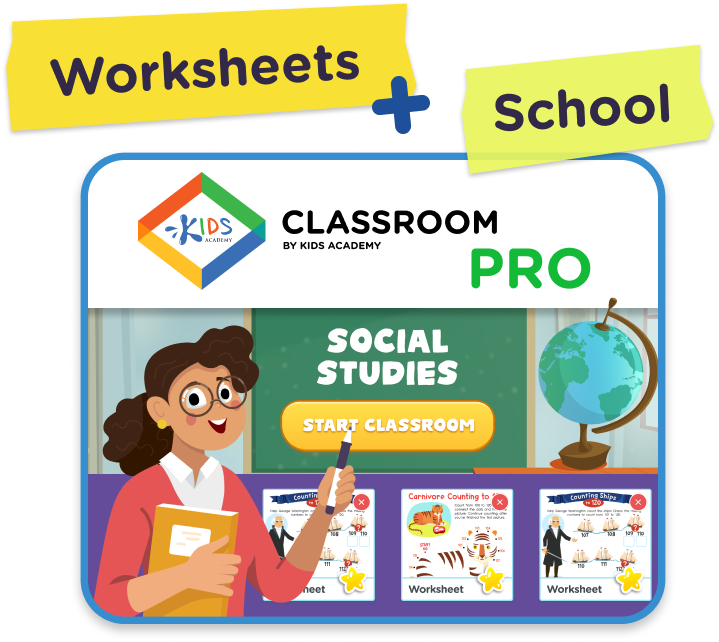Critical Thinking Community Worksheets for Ages 4-8
6 filtered results
-
From - To
Enhance your child's problem-solving and decision-making abilities with our "Critical Thinking Community Worksheets for Ages 4-8." These engaging, printable worksheets are designed specifically to stimulate young minds through real-world scenarios. Ideal for children aged 4 to 8, our worksheets cover essential topics such as recognizing roles within a community, understanding diverse perspectives, and developing logical reasoning skills. Through fun activities and guided exercises, our resources help foster creative and critical thinking in a supportive learning environment. Nurture your little one's intellectual growth and prepare them for future challenges with our expertly crafted worksheets. Discover the joy of learning with us today!


What is a Law? Worksheet


Fair or Unfair Worksheet


What Do Teachers Need Worksheet


Traditional Music Worksheet


Family Traditions Worksheet


Fairness: Sequencing Worksheet
Caring about a Critical Thinking Community for children aged 4-8 is vital for fostering early cognitive development. At this stage, young minds are incredibly receptive and form foundational habits that will influence their lifelong learning and decision-making skills. Engaging children in critical thinking activities encourages them not just to absorb information, but to question, analyze, and reflect on it. This enhances their problem-solving abilities, creativity, and decision-making skills.
For parents, these communities provide a structured environment where children can safely explore diverse ideas, practice making decisions, and communicate their thoughts effectively. This involvement instills a love for learning and curiosity, making children more adaptive and resilient in facing challenges. Teachers benefit as well; by integrating critical thinking into their classrooms, they can elevate the learning experience beyond rote memorization. Engaged students are likely to participate more actively, leading to a more dynamic and effective classroom environment.
Moreover, a community setting offers peer interaction which is also crucial at this age. It helps kids develop empathy, listening skills, and collaborative strategies by engaging in group activities and discussions. Thus, investing in a Critical Thinking Community from an early age equips children with essential skills that are critical to their academic and personal success.
 Assign to My Students
Assign to My Students
















